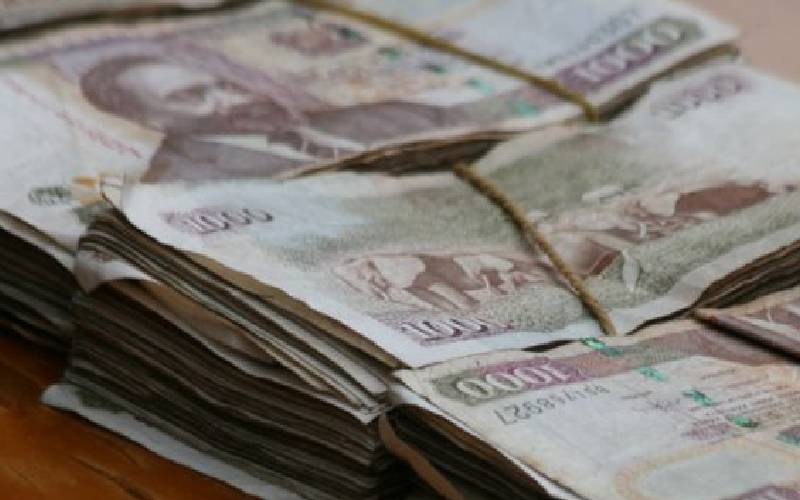
Robert Kiyosaki says, “It is more important to grow your income than cut your expenses. It’s more important to grow your spirit that cut your dreams.” The greatest disservice you can do to yourself is to continue relying on that one source of income. What if it, too, suddenly gets cut off? Where does that leave you? Only poor people oversleep. If you go on the road at 4AM you will see Prados, Landcruisers, and other big cars. At 6AM is when you start seeing the Proboxes and Vitzes. That should show you how early wealthy people wake up. When did you last see Bob Collymore trapped in traffic? If you have an 8 to 5 job, what are you doing between 6 and 8? Do poultry rearing, get a dairy cow – anything it takes to get an extra income during your extra hours.